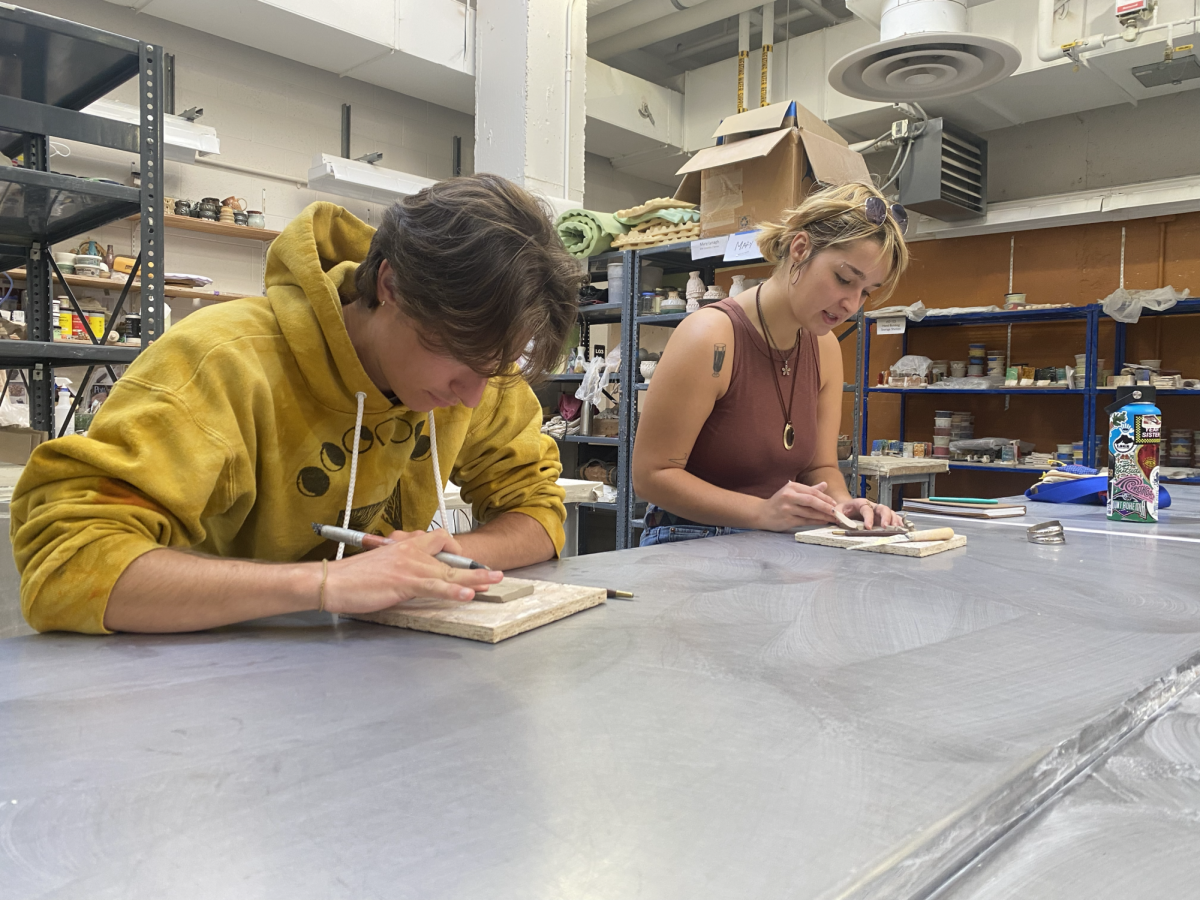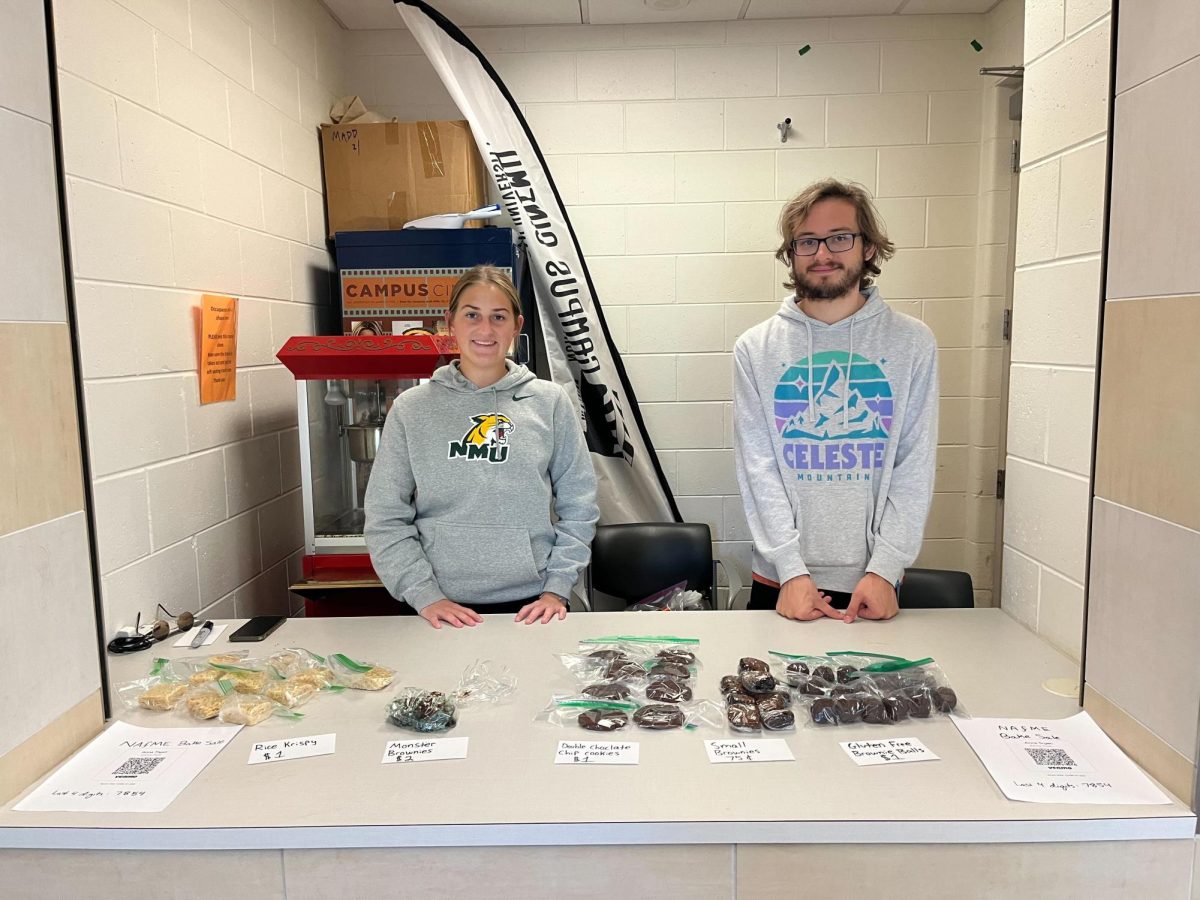Opinion—One year later: NFTs are (still) a scam
February 12, 2022
Well, here we are again. Around this same time last year, I published an opinion piece titled “NFTs are killing the planet.” At the time of publishing, I understood NFTs as a fringe concept, something that existed on the peripherals of the tech industry, and I was concerned about its spread into art-related fields. NFTs are anti-consumer, highly business-focused and detrimental to the art world. Oh, and not to mention they’re disastrous to the environment. I wrote last year’s article in order to spread awareness of this growing digital asset and its consequences.
Today, the usage of NFTs has spread as a recreational hobby and a business and sales enterprise. In short, NFTs are wildly more popular since my opinion article one year ago. Last year’s article is so dated, in fact, that I mostly referred to the concept as “crypto art” since that was how I could best explain the phenomenon of cryptocurrency-aligned artwork. Nowadays, the term NFT is so popular that you hear it being tossed around as a talking point on “The Tonight Show Starring Jimmy Fallon” with the esteemed talk show host having purchased and flagrantly flaunting his own non-fungible token for an art piece on live television. They’re so much more widespread, but certainly no less detrimental to our environment.
Now I am not so naïve as to think that my student newspaper op-ed would single-handedly educate the world’s population about the dangers of minting frivolous JPEGs on the Ethereum blockchain, or that I can somehow rid the world of non-fungible tokens’ evils forever (although I certainly wish this were the case), but I could have never imagined the heights to which NFTs have risen.
The negative environmental impact that NFTs cause from the related energy-guzzling and planet-scorching Ethereum transactions is well-documented.
In fact, “Memo Akten, a digital artist, analyzed about 18,000 NFTs, finding that the average NFT has a carbon footprint equivalent to more than a month of electricity usage for the average person living in the European Union. The large footprint is partially due to the many transactions involved with NFTs, including minting, bidding, canceling, sales and transfer of ownership,” according to a CBS News article titled “NFTs may be the future of art — but are they threatening the future of the planet?”
Furthermore, NFTs are a scam, plain and simple. This minting on the blockchain to “legitimize” the digital receipts is only creating value for value’s sake, not for any artistic benefit or measure of true “talent” — this is why discussion of implementing NFT technology in the workplace is especially concerning. There is no reason for any industry to adopt this needlessly complex and outright malicious technology. Any industry or corporation that claims to “break in” to the space of NFTs does not have the best interest of anyone at heart, only the concern of profits at the expense of our environment.

























